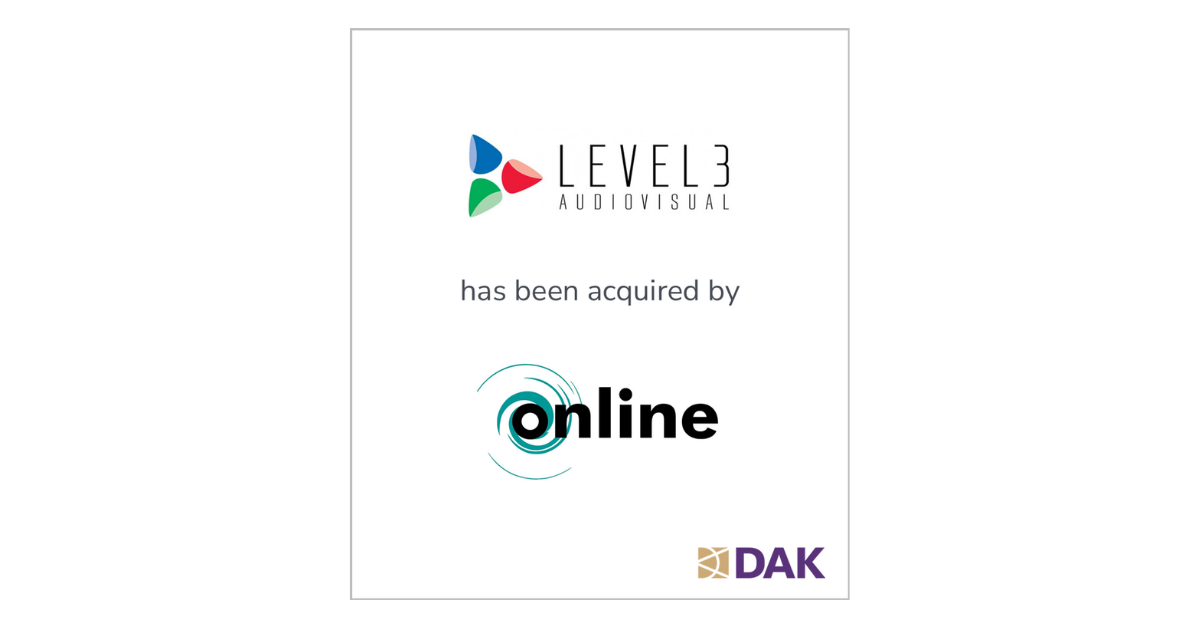This article was adapted from an interview of Mike Richmond, Managing Director of DAK by Martin Shenkman of LawEasy.
Multiple factors need to be evaluated when determining the optimal time to sell your company. Timing the sale of a business is key to maximizing value and requires evaluating both your own business cycle as well as the overall economic cycle.
Your business cycle is important, as many business owners delay selling, only to then find themselves in a situation where it is too late to maximize the value of their life’s work. Business owners should capitalize on their business’ growth phase. However, if your company is relatively small in size, growing rapidly, perhaps even doubling in size every year, it may be too soon to sell. If your company is growing nicely, even if there is an expectation of continued growth, it may be the time to consider selling to maximize value. Many owners hold out because they want to sell their business at its peak, this is not recommended, as buyers are interested in purchasing a company’s future, not its past. The potential for future growth will make your business more attractive to a buyer. The key is making a case for your business’ future value and receiving appropriate compensation for that potential growth.
The overall economic cycle will impact your company as well. Typically, during an economic downturn, not only will a company’s earnings decline but the multiplier value of your earnings will dip as well. In the early stages of recovery after an economic downturn, there may be no real rush to sell. In the later stages of recovery, a sale may be more prudent in order to close before a decline in earnings and multiples that will inevitably occur with the next downturn. Typically, economic cycles last about five to seven years, so if you miss this cycle you will need to wait it out until the next one. Business owners need to decide if they can wait another five to ten years to sell or if they should take advantage of the current economic climate.
A common mistake for business owner’s is the tendency to sell their business only once they are ready to retire. Often buyers are interested in management continuity for a few years following the sale in order to ensure a smooth transition for the company and thereby maximize the value post sale. This staggered transition is an excellent option for those business owners who want to keep working but also take some money and risk off the table. For example, if a business owner wants to retire in five years, they should begin the process now in order to allow adequate time to prepare the business for sale, execute a successful sale process, and ensure a smooth transition period with the new owners.
An alternative option for business owners that are not quite ready to “give up the business” is to consider selling to a private equity group. Private Equity Firms typically prefers that a seller maintain some ownership and look to the current owners to still run the company with less financial burden and risk. The owner will continue to guide the company and grow it with “some money off the table” and still have a “second bite of the apple” when they fully cash out a few years later. This option allows an owner to still work in the company and provide financial security, perhaps with a reduced time commitment while at the same time paving the way for an easier transition to full retirement.
Timing the sale of your business is critical, you want to avoid being forced into any hasty decisions due to the three Ds: death, divorce or disability. Controlling your destiny and planning the right exit strategy will ensure that you will not be forced into a sale. Prior to making any decision about whether and when to sell your business, consult with a team of advisors who can help build the best plan and maximize the value for you and your business.





